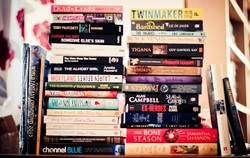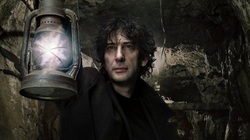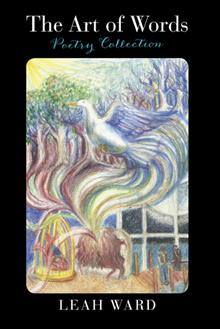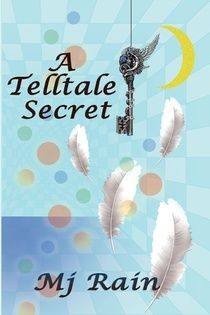
A few days back, we took a look at Fiona McIntosh’s Betrayal, a muddy, sometimes grim fantasy tale with some apparent references to the Reformation and violent segregative politics. Last week, we pondered over the link between fantasy fiction and the adventure novels of the Victorian era, in particular how the legacy of the former has transformed into the latter. Thanks to a certain bearded, bespectacled gent with the same two middle initials as fantasy forefather Tolkien, the genre is presently big news.

Hold on, you say (this is not voluntary). We have labels for every imaginary branch of scribbling now. There’s no gap to be found here. But there is.
Of course, if we skip forward a few years, we’ll enter the realms of sci-fi, a perfectly well-established and diverse school of fiction going back at least as far as Edgar Allan Poe, who once had a character attempt to reach orbit in a hot air balloon. Should we stop before then and linger in the modern age, we’ll have the likes of Neil Gaiman and Sergei Lukyanenko, whose blend of supernatural elements and spooky trickery with everyday life are now referred to as crossover, urban fantasy and other vague, awkward terms along those lines. There is, then, a missing link.
We have to get our labels right too, of course. What we’re talking about here – the works of Tolkien, Martin and the likes of Fiona McIntosh – is what was once called high fantasy, and takes place in whole other worlds spawned from the author’s imagination. Almost exclusively, these have very loose bases in history and involve much stabbing and chopping of minor characters and eating of meat from the bone in gloomy halls. When, on the other hand, have you ever stumbled across such a novel set in a world that does not exist, but which borrows its basis from our own? Where is the skewed, alternative modern world – rather than a historical one – in the fantasy line-up? If the answer is nowhere, then why?
The crux of it seems to be that it just doesn’t offer enough escapism. Even when it comes to comic books and steampunk, we have either the overlap of fantasy and everyday reality or a sword-riddled world that is not our own. Those reading it and those writing it aren’t on the outlook for realism but for testing the scope of the imagination.
Maybe. Ask one of them.
Let us know what you think below… or, better yet, get to work on that modernist high fantasy epic. Next stop: profit.





 RSS Feed
RSS Feed
